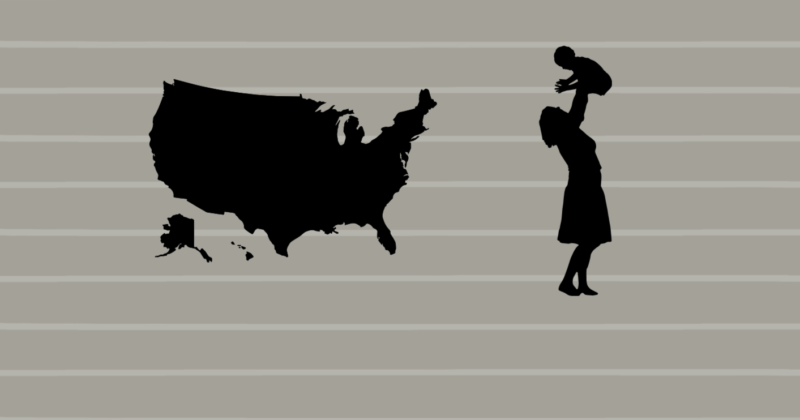
Reproductive Health Restrictions in the U.S. Can Affect Baby Health
Recent research, published in the American Journal of Preventive Medicine, has found that state reproductive rights policies have the ability to affect the health of babies born within the United States. The research concluded that women in states with less restrictive reproductive policies delivered “healthier babies” in terms of baby weight. It found that these women demonstrated a smaller risk of baby low birth weight than those of their counterparts in states with more reproductive health policy restrictions. The restrictiveness of states’ reproductive policies was evaluated depending on factors including: mandatory abortion waiting periods, eligibility for Medicaid family planning and more. States were divided and categorized into groups of having the most, least, or moderately restrictive policies. Amongst these categories, 20 states had the most restrictive policies, 16 states the least restrictive policies (including Washington D.C.) and 15 states had moderately restrictive reproductive policies. Following this comparison, a 7% lower low birth weight risk was observed on average for women in...




